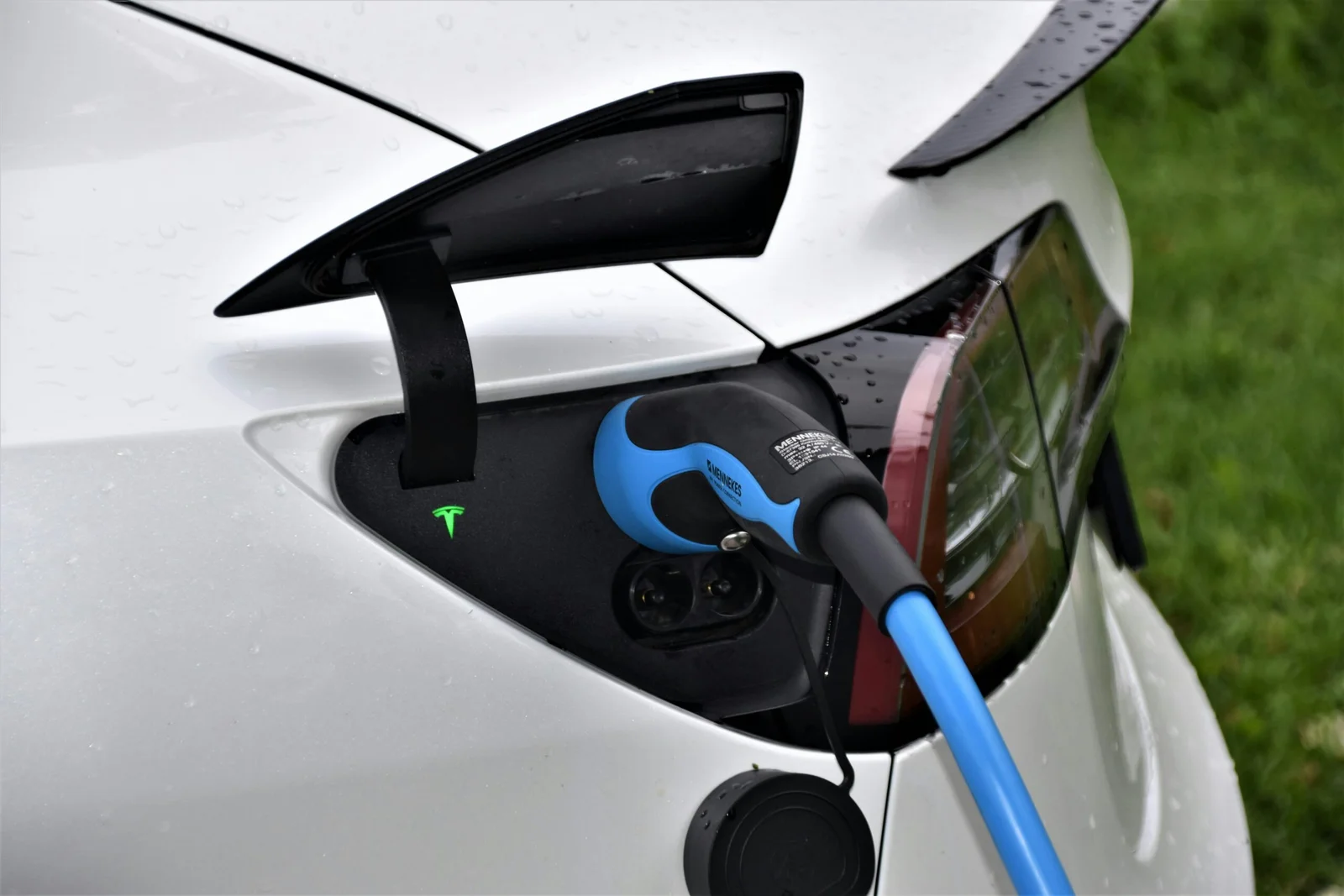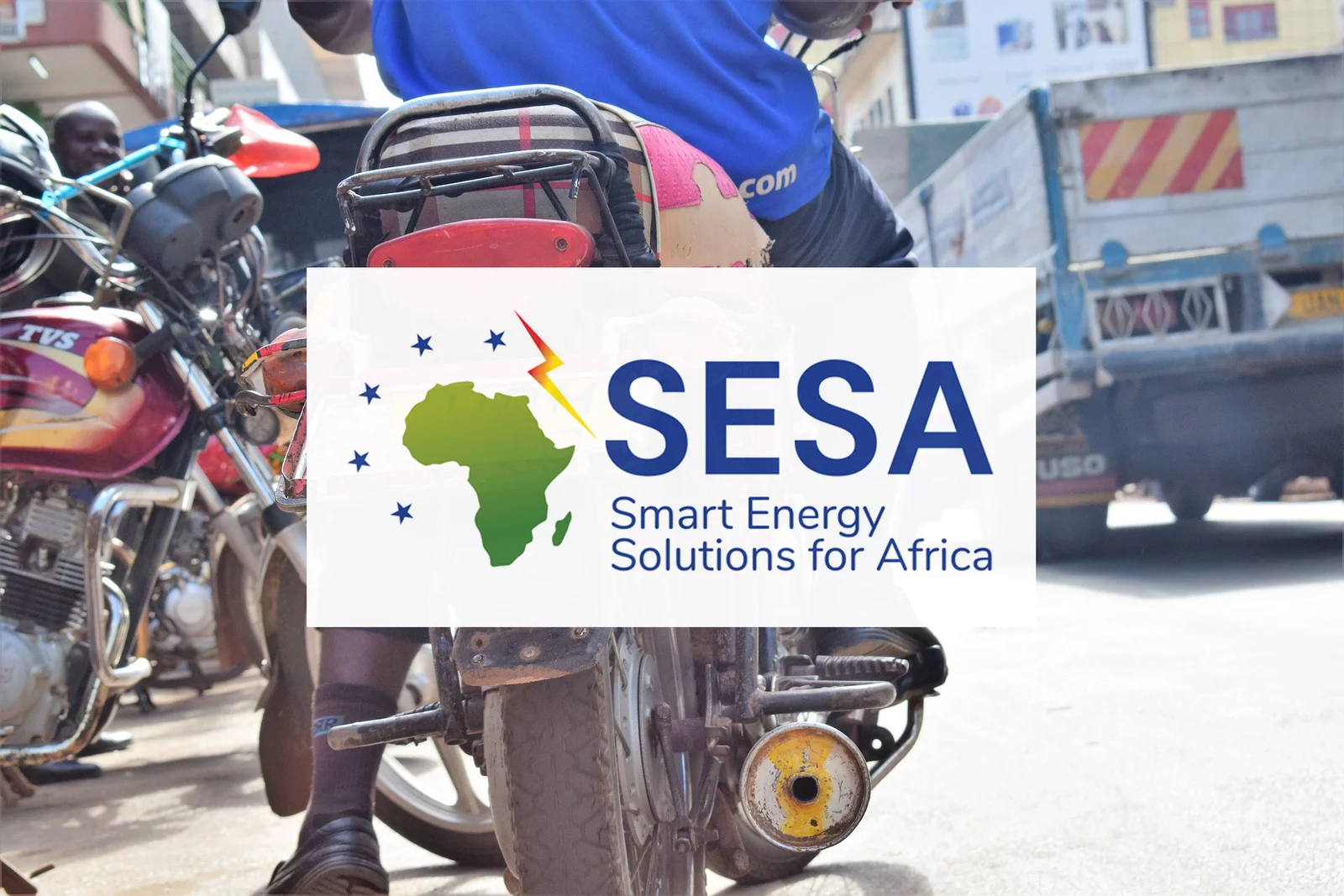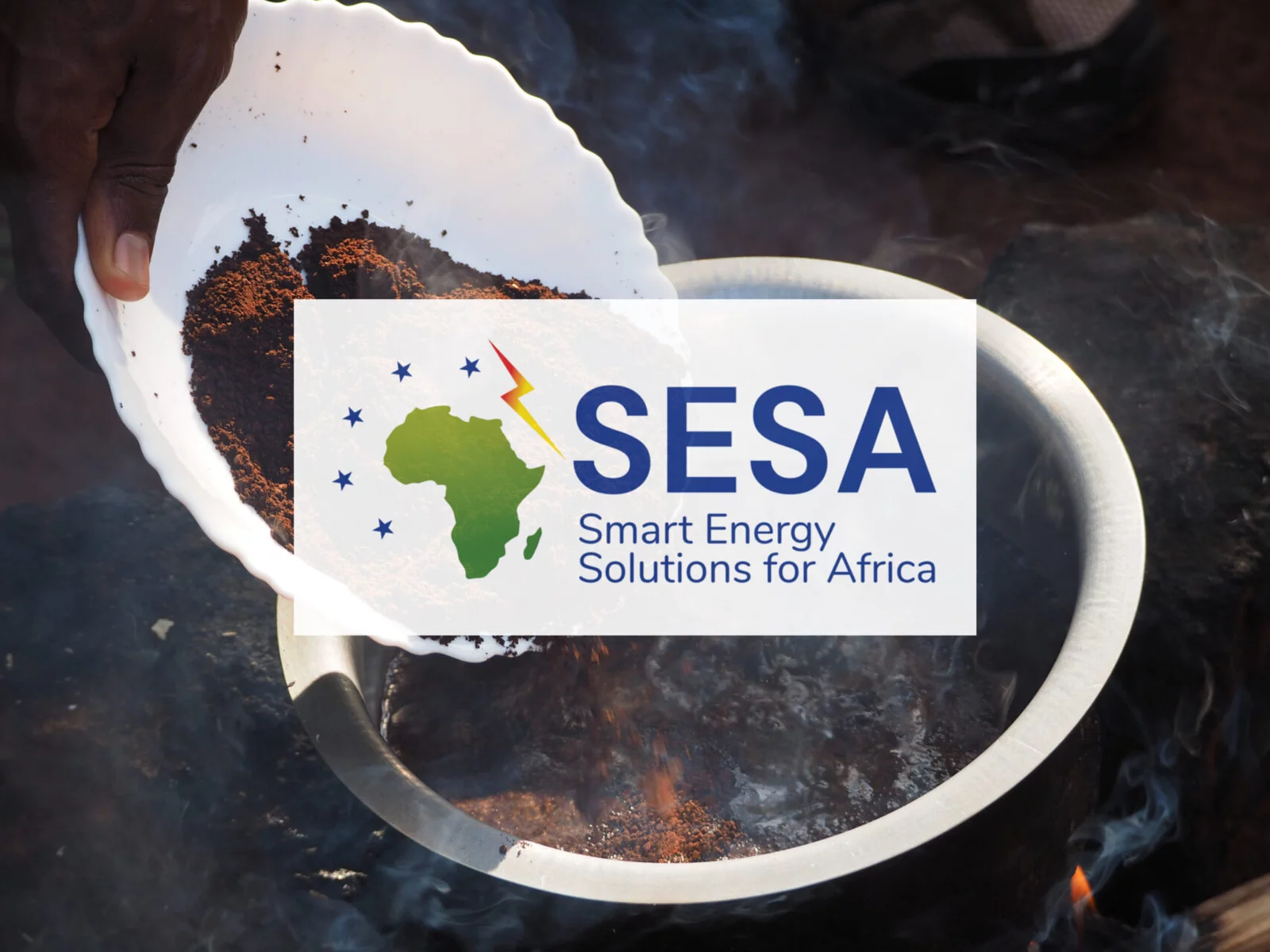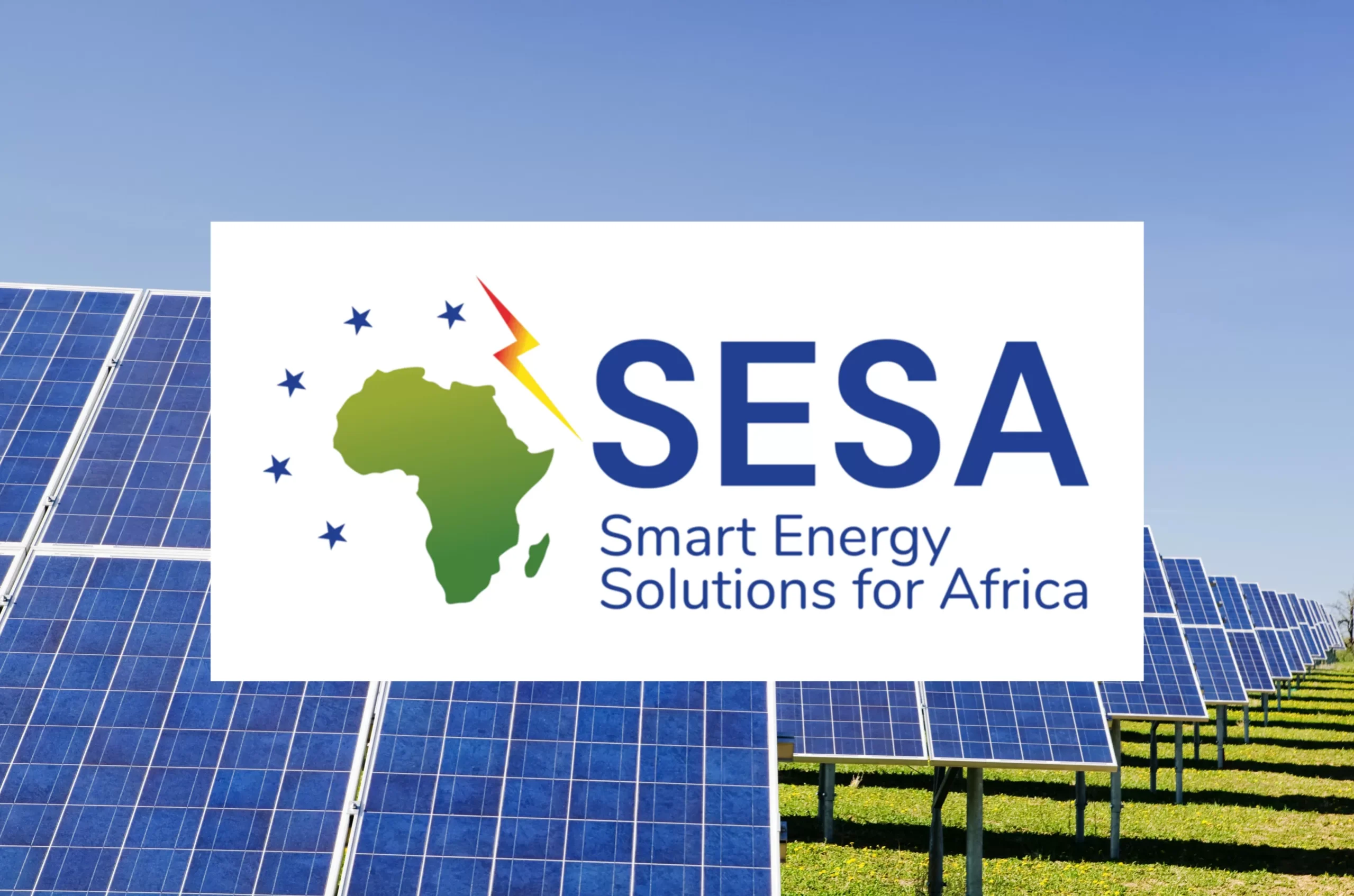This course will delve into clean cooking and waste to energy, unpacking the basic concepts of clean cooking, the technological options currently available and the key elements to consider when planning and setting up a clean cooking system.
The course aims to provide a simple yet technical basis for those interested in learning more about smart and green energy solutions. Experts from the SESA project have created this course giving particular attention to concrete cases and examples relevant to the African context to help understand how different energy alternatives work.
The course is made up of 10 lessons, each one comprising one short video, a list of further readings and a quiz to test the understanding of the content. Each lesson will focus on a specific topic, covering a fundamental element that makes clean cooking and waste-to-energy technologies successful. These include:
- Basic clean cooking concepts
- Treatment of organic waste: anaerobic digestion.
- Sourcing and production of waste to an energy system
- Technology options for clean cooking solutions
- Installation, operation, and maintenance of Biogas systems
- Installation, operation, and maintenance of efficient cook stoves
- Safety for clean cooking solutions
- Suitable condition for waste-to-energy installations
- Business models and delivery models for clean cooking solutions
- Open discussion
This is the second course in the SESA capacity building programme, which aims to close the knowledge gap around renewable and smart energy solutions.
The SESA capacity building programme consists of six courses, which dive into six specific technologies investigated by the SESA project to help participants understand what alternative energy sources exist and how they work. In addition to clean cooking, these technologies include solar energy, electric mobility, second-life EV batteries, smart microgrid & system integration and rural internet access.
What is the SESA Project?
Smart Energy Solutions for Africa (SESA) is a collaborative EU-funded project between the European Union and nine African countries (Ghana, Kenya, Malawi, Morocco, Namibia, Nigeria, Rwanda, South Africa and Tanzania) that aims at providing energy access technologies and business models that are easily replicable and generate local opportunities for economic development and social cohesion in Africa.
Over the course of this 4-year project (2021-2025), a variety of solutions will be investigated and tested in different contexts. Such contexts include decentralised renewable energies (solar photovoltaics), innovative energy storage systems including the use of second-life Electric Vehicle (EV) batteries, smart microgrids, waste-to-energy systems (biomass to biogas), climate-proofing, resilience and adaptation, and rural internet access.
Innovations will be co-created in living labs that the project has set up to foster the cooperation between consortium members, innovators and local communities, and tested in both urban and rural environments following a three tiers approach. Initial testing will be done at the demonstration site in Kenya (Katito and Homabay), then validated in Ghana, Malawi, Morocco and South Africa and finally replicated in Namibia, Nigeria, Rwanda and Tanzania).




